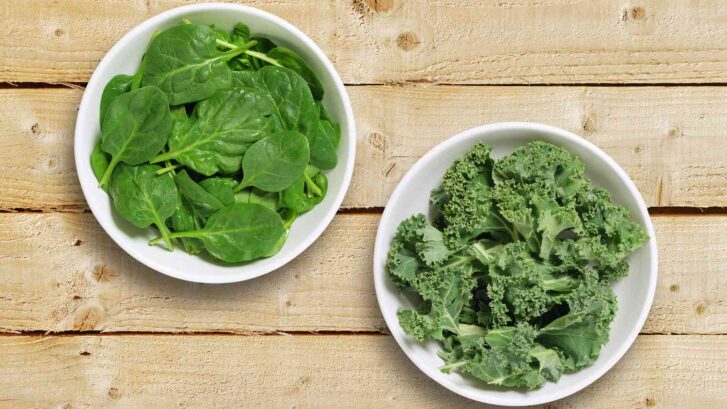Fish Oil Supplements: Miracle Cure or Hidden Risk for Your Heart?
Fish oil supplements have long been touted for their potential benefits in promoting heart health. However, recent research suggests that their effects might not be universally positive. A study published in The BMJ highlights that while fish oil supplements can benefit some individuals, they might also pose risks for others.
Key Findings of the Study
The study analyzed nearly 12 years of data from more than 415,000 participants aged 40 to 69 from the UK Biobank study. The researchers found that regular use of fish oil supplements among healthy individuals could increase the risk of heart disease and stroke. Conversely, for those with existing heart disease, fish oil consumption was associated with slowing the progression of cardiovascular disease and reducing mortality risk.
Dr. Jim Liu, a cardiologist at the Ohio State University Wexner Medical Center, emphasized the ongoing uncertainty surrounding fish oil supplements’ impact on heart health. He noted that while some formulations of fish oil have shown benefits for people with elevated triglycerides and previous cardiovascular events, the overall relationship between fish oil and heart health remains complex and requires further investigation.
Understanding the Risks and Benefits
The study’s findings suggest that fish oil supplements might increase the risk of atrial fibrillation and stroke among healthy individuals. However, for those already diagnosed with cardiovascular disease, these supplements may offer protective benefits. This duality underscores the importance of personalized medical advice when considering fish oil supplements.
Tanya Freirich, a registered dietitian nutritionist, highlighted the importance of dietary omega-3 fatty acids, such as salmon, sardines, tuna, flaxseed, chia seeds, walnuts, and almonds. She emphasized that making small dietary changes can significantly reduce overall cardiovascular risk. Freirich also pointed out that many people do not consume enough omega-3s through their diet, making food-based sources a valuable alternative to supplements.
Practical Recommendations for Patients
For individuals considering fish oil supplements, consulting with healthcare providers to assess their specific health conditions and risks is crucial. Here are some practical tips:
- Consult a Specialist: Always discuss supplement use with your healthcare provider, especially if you have a history of heart disease or other underlying health conditions.
- Focus on Diet: Incorporate omega-3-rich foods into your diet, such as fatty fish, nuts, and seeds, to obtain these nutrients naturally.
- Quality Matters: If you opt for supplements, choose high-quality products with appropriate dosages and minimal additional ingredients.
- Monitor Health: Regular check-ups and monitoring can help assess the effectiveness and safety of any supplements you take.
Conclusion
The relationship between fish oil supplements and heart health is complex and multifaceted. While these supplements can benefit individuals with existing heart conditions, they might pose risks for otherwise healthy individuals. Personalized medical advice and a focus on dietary sources of omega-3s can help ensure that you make informed decisions about your heart health.
For more personalized advice and comprehensive cardiovascular care, our primary care doctors in Jupiter, Florida, are here to help. Contact us today to schedule a consultation and take proactive steps towards a healthier heart.










